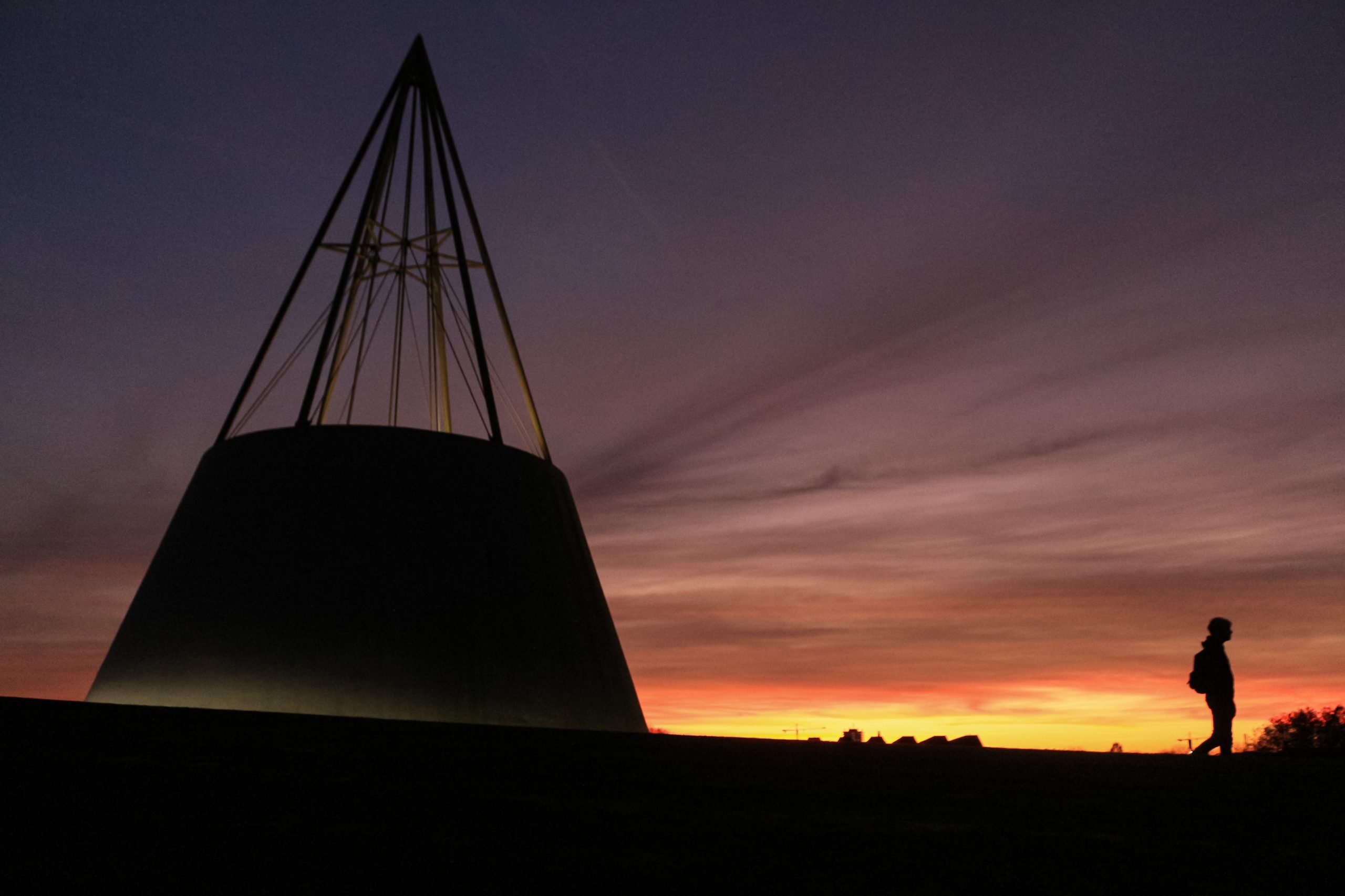Diversity is trickling through the organisation, but in terms of inclusion there is still much to do says this master’s student.
Carla: “In terms of inclusion there is still much to be done, especially among students". (Photo: Justyna Botor)
While the national survey into diversity and inclusion in higher education was stopped ahead of time, several TU Delft students still wanted to discuss the subject. They share their experiences and recommendations in a series of short portraits. This time master’s student Carla* (Faculty 3mE).
“I come from Suriname and have Dutch nationality. I have now lived in the Netherlands for five years. But people still ask me why I speak such good Dutch and whether I had to get used to the food. I come from Suriname, a former Dutch colony, and we speak Dutch there. Why don’t Dutch students know this?”
‘TU Delft is tasked with improving inclusion’
“Friends of mine who study in Leiden and Rotterdam have the same experiences. It is a societal issue which I don’t expect TU Delft to solve. TU Delft’s job is not to bring up students, but it does need to improve inclusion. How? By paying attention to commemorations like Black History Month, for example. It could be done with a message on social media or posters on campus. Not because they have to, but because TU Delft considers it important to also share that history with students and staff.
Or name more spaces in buildings after academics of colour. At my Faculty (3mE), the study halls are named after white men like Isaac Newton and James Watt. With good reason as they were pioneers and made discoveries. But there are also enough people of colour who have played an important role in science. Just think of Jan Ernst Matzeliger, en enslaved boy in Suriname who invented the automatic shoe lasting machine. Or Katherine Johnson, a woman involved in the first moon landing. Or Gladys West whose research was essential in the development of GPS. If more attention were paid by TU Delft to the visibility of people of colour, I would feel more at home.
Last summer there was a long row of bus stop displays of portraits of TU Delft students and staff who helped speed up the energy transition. I walked along it and saw mostly white people. When I saw a person of colour I quickly took a photo and sent it to my friends. Apparently there are few people of colour involved in the energy transition at TU Delft. I find it hard to say whether TU Delft should adapt its policy to intentionally attract more people of colour. It is important that TU Delft accepts people on the basis of their qualities and not to promote diversity. Origins should not matter. TU Delft should make sure that people of colour feel welcome to work and study here. I am pleased that in my degree programme there are more and more teachers of non-Dutch origins. Diversity is trickling slowly down there.”
‘It is hard for me to make friends with people who grew up here’
“In terms of inclusion there is still much to be done, especially among students. It’s not that I have experienced bad things, but I have sometimes wondered if I belong here. I am taking an international master’s in which we often work in groups. I sometimes hear Dutch students complain that they have to work with international students. On the one hand I get this as they prefer to communicate among themselves in their mother tongue. But on the other hand, they are taking an international master’s whose teaching medium is English. It is painful to hear as it makes me wonder which group I belong to. The Dutch or the international students? I didn’t grow up in the Netherlands so do they see me as a Dutch or an international student?
There is a big gap between these groups of students. It is hard for me to make friends with people who were raised here. I’ve tried, but it’s harder than with international students. This is partly because Dutch and international students experience their student life differently. International students have to work hard to come to the Netherlands. It is not a matter of course that they can study at TU Delft so they feel a lot of pressure to perform and do not join study or student associations that quickly. For Dutch students, studying is more of a matter of course and student life is an important part of it. The difference in culture between Dutch and international students is not always understood.”
*Carla’s real name is known to the Editorial Office.
This article was partly made possible by a contribution from the Journalism Promotion Fund.
Also read our other articles on the topic of diversity and inclusion:
- Figureheads of diversity policy need to be thick-skinned
- How hot topic issues dominate the debate on diversity and inclusion
- Diversity and inclusion in facts and figures.
- How can TU Delft also be a place for neurodivergent students?
- Why diversity policy goals and effects need to be clearer
- How can TU Delft also be a place for neurodivergent students?
- ‘As a woman, I have to really do my best to have my voice heard’
- ‘We want to bridge the gap between Dutch and international students’
Do you have a question or comment about this article?
m.vanderveldt@tudelft.nl


Comments are closed.